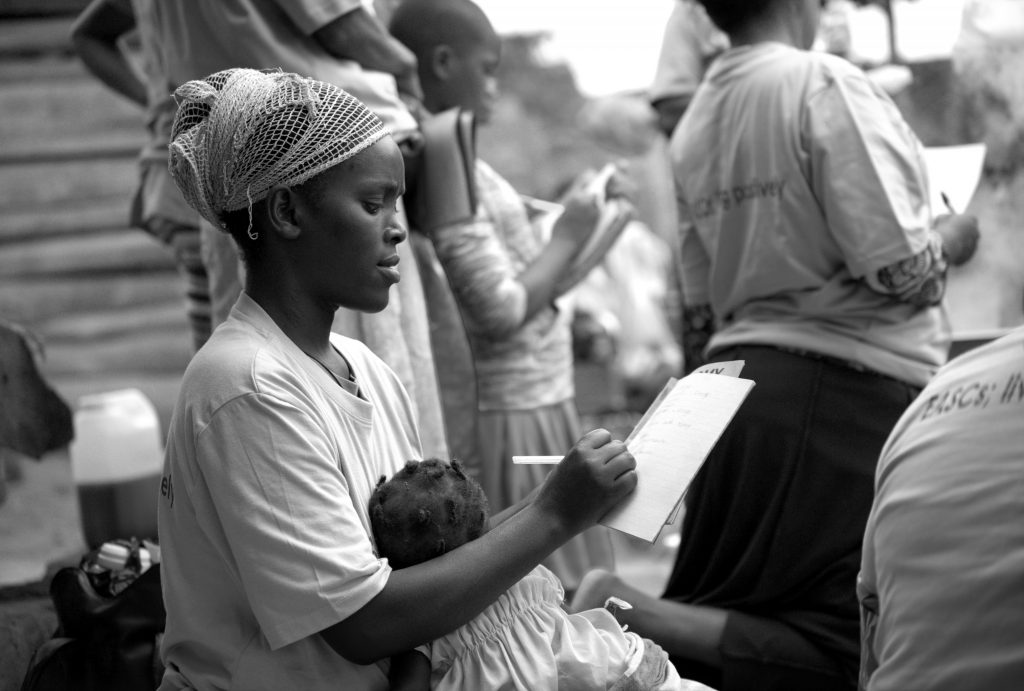Brewin Foundation Founder Describes Award-Winning Social Protection Project in Uganda
Last year, the Coalition for Children Affected by AIDS and ViiV Healthcare’s Positive Action awarded $40,000 in grants to eight organizations dedicated to helping children and adolescents affected by HIV in low- or middle-income countries. Each winner received $5,000 to produce either a scientific article or a case study that documents how the use of social protection supports HIV testing, treatment, and care for children.
One of the winning proposals was submitted by the Brewin Foundation, which is using support groups to improve retention and viral suppression among children and adolescents living with HIV and AIDS in Uganda’s Mityana District. The Coalition spoke to Brewin’s founder, Winnie Nambaziira, to learn more about the project’s success.

Q: Why did you choose support groups as a means to improve HIV care for children?
Supporting an HIV-positive child or adolescent can be very challenging for a family. The caregivers – who are mainly grandparents and women – not only need to ensure kids take their medications and attend medical appointments, but they are often dealing with stigma from the community as well. Additionally, many families lack a stable source of income to pay for their children’s schooling, food and clinic visits.
To tackle these problems, we created Economic Adherence Support Groups (EASGs) that are designed to offer both social and economic support for caregivers of HIV-positive children.
Q: What services are provided through the EASGs?
Group members can sign up for training in income-generating activities, like farming, soap-making or preparing snacks. When their small businesses are up and running, we invite them to sell their goods to staff and fellow community members at two local hospitals where we have partnerships.
The meetings also feature health education talks. People living with HIV come and speak about overcoming challenges and learning to be comfortable in their own skin. A lot of the discussion is focused on strategies for keeping the children virally suppressed. This often includes parenting advice, which may seem like a trivial thing, but it’s important to communicate with your child to make sure they adhere to their medication.
When caregivers see another family doing well, they feel encouraged. These groups are helping people feel more empowered and confident.
Q: How do you identify participants, and where do they meet?
Community volunteers tell caregivers about the program during children’s clinic days at our two partner hospitals – Mityana Hospital and Bulera Health Center III. Those who are interested are registered with a group in their local village.
We currently have approximately 93 people participating in EASGs. The groups meet at least once per month, and community members take turns hosting meetings at their homes.
Q: What kind of results have you seen?
So far, children with caregivers participating in our groups have not missed any of their clinic appointments. In the long-term, we believe these EASGs will help to keep more children on their meds and retained in care.
Q: Do you have a success story you can share?
One of my favorite stories is about an adolescent girl that we trained to make Vaseline. She had scars related to her HIV, but they miraculously disappeared after she started using the Vaseline. When other people in the community saw the results, they wanted to buy some for themselves. Today, she’s financially independent and able to provide for herself and her child.
Read the complete case study here.